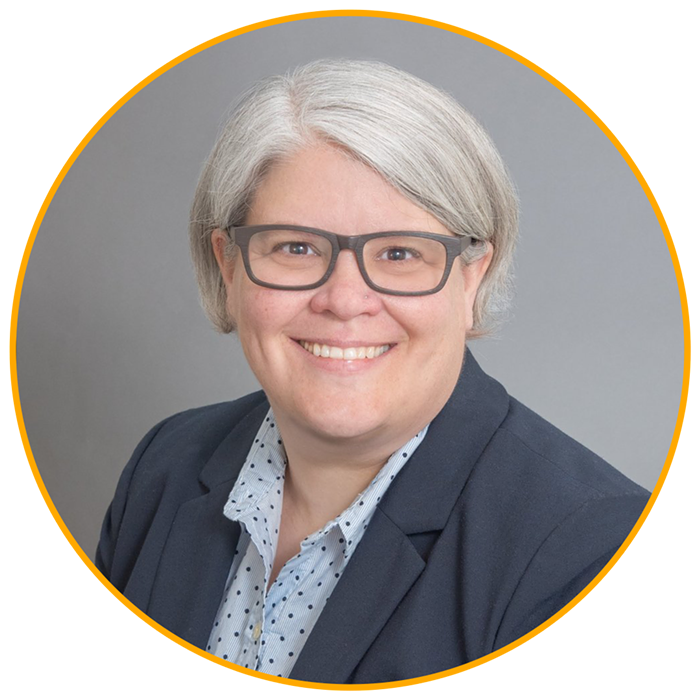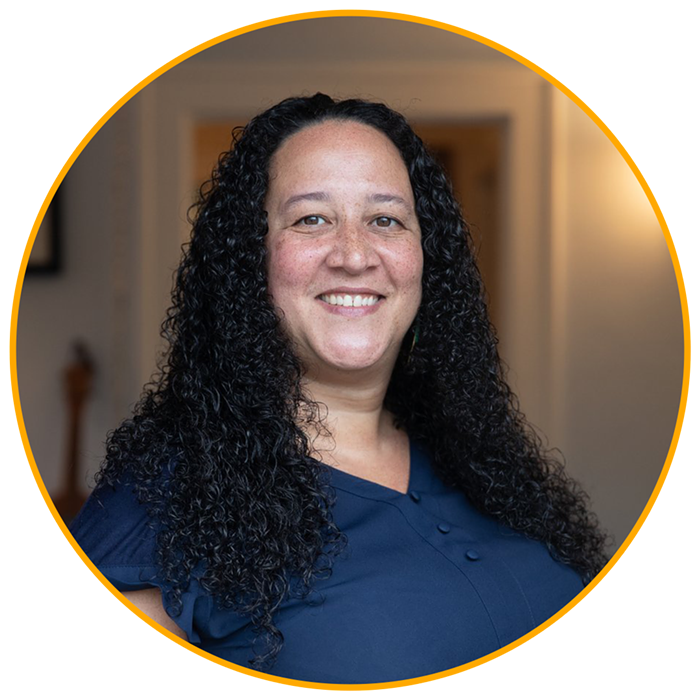Feature your business, services, products, events & news. Submit Website.
Breaking Top Featured Content:
Mercury May 2024 Primary Election Endorsements: County Races

[The Mercury Election Strike Force is News Editor Courtney Vaughn, News Reporter Taylor Griggs, Arts & Culture Editor Suzette Smith, and Editor-in-Chief Wm. Steven Humphrey. We do not endorse in uncontested races. Oh and by the way, putting these endorsements together takes LOTS of hard work—and that’s on top of our regular excellent reporting. Show your appreciation for the Mercury with a small contribution, please, and thank you!—eds]
Multnomah County District Attorney: Mike Schmidt

Since taking the reins at the Multnomah County District Attorney’s Office in 2020, Mike Schmidt has faced a deluge of crises, and criticism.
Schmidt took office in August 2020 amid a global pandemic and nationwide racial justice reckoning that spurred prolonged protests in Portland. Those external factors, coupled with a nationwide rise in crime during the pandemic (that has since fallen) painted the picture for many residents that Multnomah County was in dire straits.
Unsurprisingly, residents placed the blame on those in power, and Schmidt, who got elected on a progressive campaign of criminal justice reform, was an easy target.
By the summer of 2023, the DA’s face was plastered on billboards downtown that singled him out as the culprit of Portland’s problems. While the unsavory tagline may have been catchy, it was largely misleading.
Crime, homelessness, addiction, and skyrocketing housing costs aren’t problems caused or single-handedly fixed by prosecutors. As much as they’ll tell you they can fix things during campaign season, many of the issues the county currently faces can only be solved with a confluence of government policy changes, social interventions, and money.
Both candidates running for the seat agree that the DA does have a role to play in local crime, largely by prosecuting offenders in hopes of deterring other crime, but also by working closely with law enforcement to build successful cases and often, to launch special missions that take down repeat offenders. But let’s not pretend that one elected prosecutor can transform the social and economic landscape that often leads people to commit theft, robbery, or worse, homicide.
Schmidt’s detractors claim he’s “soft on crime” and purposely not prosecuting cases for ideological reasons. Part of the reason this sentiment became widespread is because police were parroting it to the public as justification for not fully doing their jobs. What Schmidt actually said in 2020, amid racial justice protests that often led to protesters clashing with police, was that he wouldn’t prosecute low-level, non-violent crimes stemming from those protests, but things like property damage, theft, and violence or threats of violence against others would still be pursued. It was largely an effort to make sure the DA Office’s limited resources were focused on serious crimes and justice for crime victims, and to ensure his office wasn’t chilling the free speech or freedom of expression of those who were rightfully frustrated with policing and the criminal justice system.
In reality, the latest data reflect prosecution rates at the DA’s Office last year were the highest they’ve been in seven years. Felony prosecutions were at an eight-year high.
We’ve heard complaints about criminals being let out, or their cases being dropped entirely. It’s important to remember that when cases get dismissed, judges make that call, not prosecutors. Same with sentencing. Prosecutors can recommend prison sentences or probation terms, but judges make the final call. When offenders get released from jail or prison early? That’s also out of the DA’s hands.
But the DA can play a key role in the crime landscape. Schmidt’s developed community partnerships that helped weed out major offenders (via police task forces like retail theft and auto theft missions) while also trying to prevent recurring crimes, rather than chase them. When catalytic converter thefts skyrocketed, Schmidt knew that trying to hunt down and jail every thief could prove costly and futile. Instead, he worked with legislators to make it harder to sell catalytic converters. Sure enough, catalytic converter thefts have plummeted.
Schmidt also brings a holistic approach to his job—one that looks at root causes, outcomes, and ways in which the criminal justice system can be a change agent, and prevent people from re-entering the system, or spending their lives entangled in it.
Last year, in response to outcry over public drug use and rising overdoses, Schmidt worked with state legislators to retool and replace Measure 110— Oregon’s drug decriminalization law. While the move didn’t curry favor with advocates of the original measure, it proved his ability to listen to community concerns, and respond accordingly.
Schmidt’s opponent, Nathan Vasquez, is a successful prosecutor who deserves recognition for his years of service at the Multnomah County DA’s Office, including working to bring justice for the victims and survivors of the horrific 2022 shooting at Normandale Park.
Still, it’s hard to tell whether Vasquez can be trusted to reflect the kind of progressive values we hope to see in local government and in the justice system. Vasquez voted as a Republican until 2017. While he told the Mercury he voted for Joe Biden in the 2020 election and plans to do so in November (we had to know whether a DA candidate was supporting Trump at this point), we’re not convinced he’s the type of prosecutor who would hold everyone accountable, including police. He’s the darling candidate of the Portland Police Association and his campaign was bankrolled by wealthy donors and political action committees (PACs) that also back candidates like Rene Gonzalez and the most conservative among those running for local office.
Vasquez criticizes Schmidt for not having much experience as a prosecutor, but the time to make that argument was before Schmidt got elected in 2020, not now. Schmidt’s held the role of lead prosecutor in Oregon’s largest county for four years now, and when it comes to forward-thinking vision as the state faces a dire shortage of public defenders, we think Schmidt is on the right track.
Multnomah County Board of Commissioners
District 1: Meghan Moyer

Meghan Moyer brings a robust background in policy and advocacy work to benefit working class families and the underserved. Moyer is a public policy specialist for Disability Rights Oregon. She’s also held key roles in SEIU Local 503–a major union representing health care workers, home care providers, and administrative employees who work for the state. That’s on top of the work she’s done with the local PTA.
Aside from being a policy wonk with an impressive background, Moyer points out that she’s uniquely qualified to jump into a local government role like this and get to work right away to tackle daunting issues like homelessness and behavioral health.
“I’ve spent years successfully drafting and passing public policy, inspiring teamwork toward common goals, and leading substantial projects to successful completion on time and on budget,” Moyer tells the Mercury.
Moyer’s priorities also include the county’s childcare landscape (hello, Preschool For All!) and its regional economy, noting infrastructure jobs that bring solid wages will help Multnomah County families attain a better quality of life.
District 2: Shannon Singleton

Singleton is among five candidates running to serve the rest of Susheela Jayapal’s unexpired term on the Board of Commissioners, which is up in 2026. That means voters will have to elect someone to this seat again in two years.
Singleton, whose background is rooted in social work (she has a masters degree in this area) briefly led the Joint Office of Homeless Services on an interim basis before her departure in 2022. She cites “housing, behavioral health care, and public safety” as her top priorities. Singleton has worked in the governor’s office, and also brings institutional knowledge about Multnomah County’s roles and functions. More importantly, she doesn’t have to guess about which policies and programs actually work to reduce and prevent homelessness.
“I am the only candidate in this race who has direct experience serving people experiencing homelessness,” Singleton says. “I have run a women’s shelter in downtown Portland, I have run programs dedicated to serving people with severe and persistent mental illnesses at Cascadia, I have run the primary street outreach organization that provides housing placement and retention supports to move people from the streets and back into housing, JOIN, and I have also worked in positions of power at the city of Portland, Multnomah County, and the state of Oregon.”
While we think Singleton is best suited for the job right now, given what the county is up against, we’re also impressed with Nick Hara’s professional background and vision, and hope to see more of him in local politics.
District 3: TJ Noddings

Let’s be honest, just about any candidate running to beat Julia Brim-Edwards in this district has their work cut out for them. Brim-Edwards, the incumbent, is well known in Portland for her role on the Portland Public Schools Board of Education, and she’s a dedicated public servant who values equity and leans in heavily to her dual roles in local government.
With that said, we need to think about the dynamics of this board and what its future composition could be. Much of the rhetoric we’ve heard from candidates aligned with the county’s wealthy donors and entrenched business groups focuses less on reducing poverty and improving the lives of our unhoused neighbors to get them into housing, and more on the perceived impact they have on quality of life and “livability” for those with stable housing.
There are at least three candidates running for other seats on the board who could swing it in a more conservative, short-sighted direction. If that were the case, we think TJ Noddings would provide some much-needed balance.
Noddings, whose campaign has been squarely focused on housing affordability and a livable future for county residents, currently works as a housing navigator for a nonprofit that serves many marginalized community members. Noddings is fairly new to the county, but brings a solid grasp of the problems embedded in the county’s housing landscape. He also brings the kind of political urgency and demand for accountability that just might cut through the bureaucracy and lack of focus that seems to plague Multnomah County right now.
District 4: Vince Jones-Dixon

Vince Jones-Dixon, a funeral director and current Gresham city councilor, is (at least at first blush) the most sensible choice to represent District 4 on the county board. Jones-Dixon brings both political and lived experience his opponents just don’t have.
Brian Knotts, one of three candidates for the District 4 seat, is a real “law and order” type guy whose only solutions are draconian, disciplinary approaches to all the county’s problems. Knotts wants more prosecution of all petty crimes (someone should inform him of the public defender shortage), wants to punish the unhoused, and wants to cut nonprofit organizations who provide shelter, drug treatment, and other services, out of the equation.
The other candidate, Tim O. Youker, seems like a nice enough guy, but hardly serious about what this job entails and requires.
Aside from his council experience, Jones-Dixon also has first-hand experience with the impacts of gun violence. He lost his younger brother, Andreas, to gun violence in 2013. More than a decade later, east Multnomah County sees higher rates of gun violence than many of its neighboring communities to the west.
During his time on the Gresham City Council, Jones-Dixon cultivated community relationships that could help restore trust in county government. He also seems keenly aware of, and ready to meet, the county’s biggest challenges head-on.
The candidate cites public safety and gun violence as a top priority, along with housing and homelessness, mental health services, and addiction.
While we think Jones-Dixon is the most qualified person for this seat, we can’t help but notice some worrying red flags. We’re disappointed in his opposition to Measure 110, which rightfully sought to give people struggling with addiction a path to treatment, rather than jail. We’re also leery of his cozy relationship with local police.
Jones-Dixon is a leader at Trust Lab, an organization that offers mediation-type services and facilitates community meetings geared toward repairing frayed relationships. That’s great, right? Yet Trust Lab is largely led by current and former police officers—including the head of the Portland Police Association. (See what we mean by “cozy relationship”?)
Hopefully, Jones-Dixon’s close relationship with law enforcement won’t cloud his judgement, and he can be a leader for all.
Continue Reading at PortlandMercury.com here
